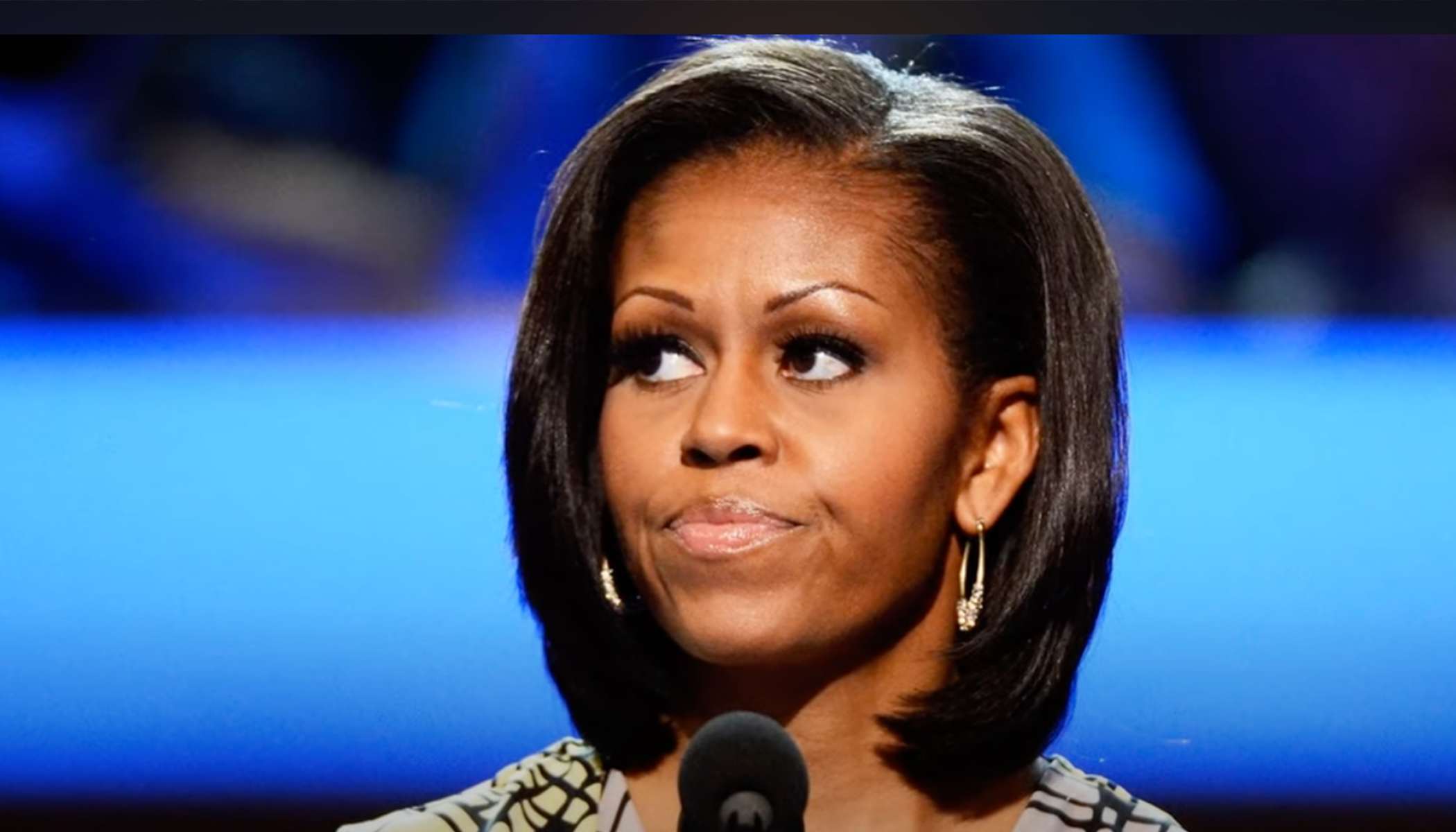Supreme Court sparks controversy among justices amid decision limiting court power
In a striking move, the U.S. Supreme Court's recent decision focused attention on universal injunctions and sparked a heated exchange between two of its justices.
The majority opinion, penned by Justice Amy Coney Barrett, restricts lower courts' use of universal injunctions, potentially impacting executive orders such as those from President Trump related to birthright citizenship, as the New York Post reports, and along the way, it takes a jab at one of the panel's liberal justices.
The verdict, which concluded with a 6-3 majority, underscores significant judicial dynamics. Justice Barrett, representing the conservative wing, authored the opinion, emphasizing historical legal precedents. Her sharp critique of Justice Ketanji Brown Jackson's dissenting view became a focal point.
Justice Jackson dissents
Liberal Justice Sonia Sotomayor led the main dissent, which was supported by Justice Jackson. However, Jackson went a step further by offering her own dissenting opinion. She expressed concerns over the decision's practical consequences, arguing it could lead to excessive executive power.
In her dissent, Jackson underscored potential threats to constitutional governance. She expressed, "It is not difficult to predict how this all ends," suggesting that unchecked executive power may disrupt the constitutional balance. Her views clashed directly with those articulated by Barrett.
Jackson dismissed the concept of universal injunctions as disguising more substantial issues. For her, the principal issue was whether federal courts possess the authority to compel the Executive Branch to adhere to legal frameworks.
Barrett's direct rebuttal emerges
Justice Barrett addressed Jackson's perspective by defending traditional legal principles. Barrett remarked, “We will not dwell on Justice Jackson’s argument," indicating that Jackson's stance was not aligned with established constitutional principles.
Barrett responded to Jackson’s imperial judiciary remarks with, “Justice Jackson decries an imperial Executive while embracing an imperial Judiciary.” Her comments suggested that Jackson favored increased judicial power while criticizing executive authority.
In a pointed comment, Barrett recommended Jackson heed her principle that everyone, including judges, is subject to law. Barrett criticized Jackson’s dismissal of legal nuances, challenging her broader interpretation of court powers.
Reactions pour in
The decision has elicited reactions from various legal commentators and public figures. Attorney Kostas Moros found Barrett's critique to be particularly harsh, stating: "This is about as brutal as I’ve ever seen SCOTUS be on one of their own.” Such responses highlight the personal nature of intra-court disputes.
Republican Iowa Attorney General Brenna Bird noted how rare it is to witness such explicit criticism among justices, indicating significant tensions within the court's workings. This incident showcases the deep ideological divides that sometimes surface.
Comments on social media, notably by users like Shipwreckedcrew, emphasized how Barrett's critique might reveal growing isolation for Jackson within the court. There are suggestions that Jackson’s approach may not resonate with all her colleagues.
Implications for executive power unfold
The Supreme Court's ruling did not address the legality of Trump's birthright citizenship order. Instead, it focused on procedural issues impacting how universal injunctions can challenge executive actions. This decision aligns with Trump's goals by reducing legal hurdles against his executive decisions.
The broader discussion raised by the ruling concerns the balance between executive power and judicial oversight. Justice Jackson's concerns reflect apprehension about the potential erosion of this balance, whereas Barrett's opinion favors more defined judicial roles.
The controversy surrounding this Supreme Court decision highlights not only procedural debates but also underlying philosophical divides within the highest court. As these discussions unfold, their implications for future actions and jurisprudential principles continue to be of paramount interest.
Future dynamics awaited
As judicial and executive roles are continually redefined, the interpretations of legal frameworks by Supreme Court justices remain crucial. This ruling, with its implications for executive power, may test the resilience of established legal boundaries.
The outcome of this debate, along with the evident ideological clash, underscores a significant moment in the Supreme Court's ongoing influence over American governance.
For observers, this case offers a lens into the complexities of constitutional interpretation and the evolving role of judicial perspectives in shaping national policy.






